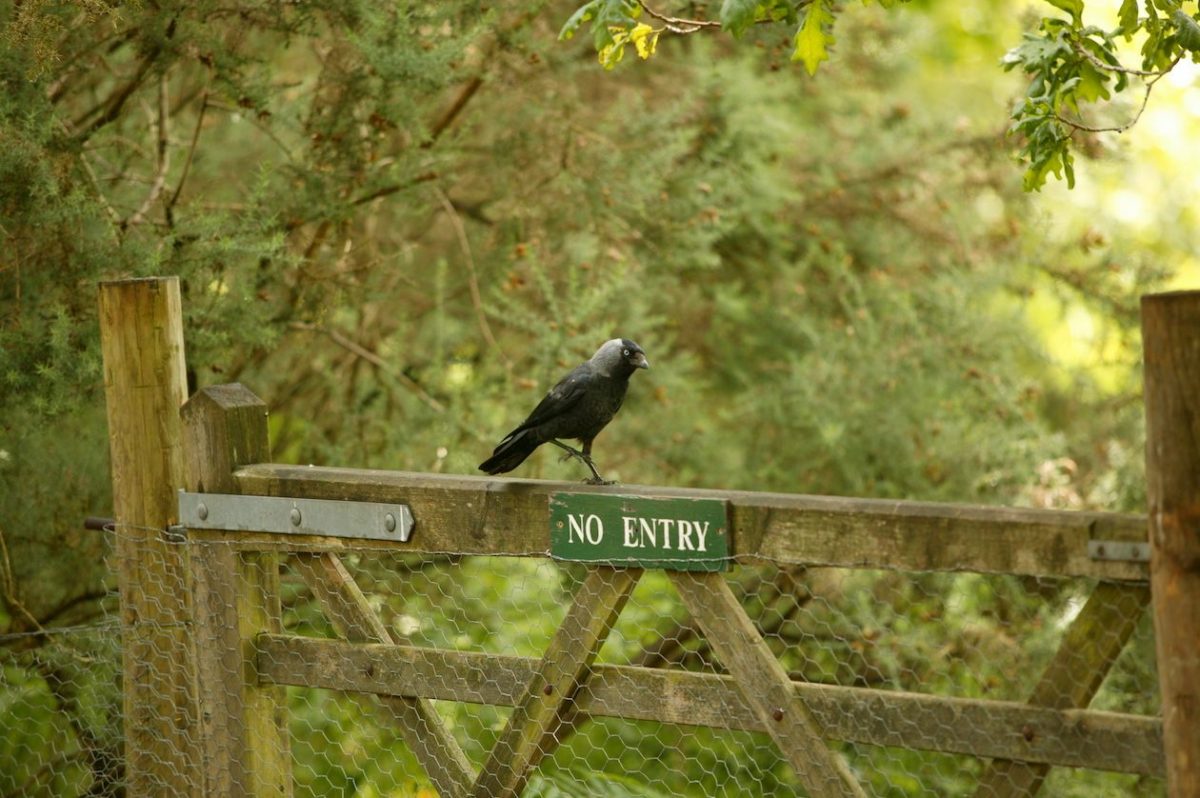‘Disastrous’ Welsh general licences come into effect
The new Welsh general licences are now in force.

The licences which were described by BASC as ‘a retrograde step for conservation’ have been altered to remove magpies, jays and jackdaws from the conservation licence (GL004) and to restrict carrion crow control to a ‘season’ running from the first of February to the 31st of August.
Steve Griffiths, BASC Wales director, said: “We are obviously extremely disappointed that NRW has chosen this policy route of removing species from the conservation licence, their decision will have a devastating impact on Wales’s most at-risk species.
“It remains BASC’s position that the decision to restrict the species on the conservation licence has been made incorrectly under the precautionary principle. BASC will continue to apply pressure on NRW to ensure the general licence system allows users to control wild birds where necessary.”
Welsh pest controller Rhys Morgan explained some of the practical implications of the changes for those struggling to help wales’ wildlife. Rhys said: “You can’t do preemptive culls anymore and if carrion crows are destroying robin, blackbird, tits etc then you can’t shoot them at all because those birds are not red listed. There’s going to be a huge decline in species in the long term.”
While the species list is now much more limited, a proposal to restrict the use of the licences to people aged over 18 has been dropped. Control of pest on farms has long been a route into shooting for young people.
As well as the licences used for conservation the licences issued for agricultural purposes have also been altered. Matt Goodall, GWCT Head of Education and Advisor Wales explained: “NRW have decided that GL001 will only allow carrion crow to be controlled to prevent serious damage to livestock, to livestock foodstuffs and to prevent the spread of disease.
“Crucially NRW have decided to omit the ability to control carrion crow to prevent serious damage to crops. There may be a lack of scientific evidence demonstrating serious damage (probably because no one ever felt the need to prove it) but GWCT provided NRW with a plethora of anecdotal evidence from our members which has seemingly been ignored.”








